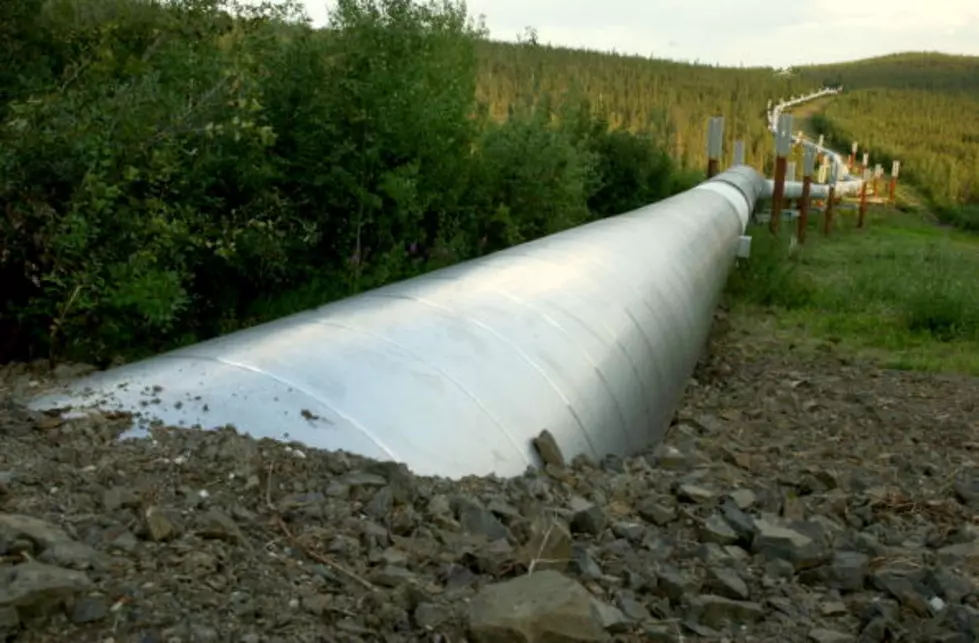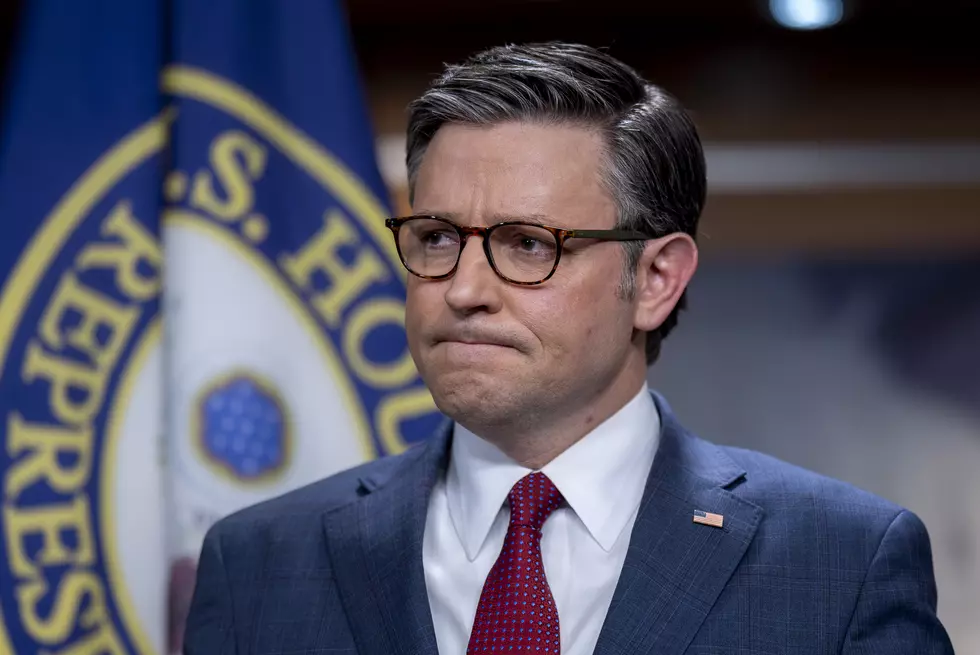
TransCanada Pipeline Project – Domestic Liberty & Private Land Ownership v. U.S. Energy Needs & National Welfare
"All landowners will receive fair and equitable compensation for the land easements granted and TransCanada will work closely with them to identify special circumstances, land restrictions, access routes and other construction requirements to minimize disturbance to the land, the landowner and the environment."
This paragraph taken from the TransCanada website directly from the landowner relations link.
American founders recognized ownership of property as one of the most crucial sustaining rights in creating sovereignty and autonomy within the United States. Reinforcing freedom itself, the individual right to own land has been considered just cause for wars and revolutions innumerable.
With the expansion of economy, industry, and corporate business also comes expansion of modern government. But this expansion of government lends to laws and rules regulating ideal economic legislature, and is in a class entirely separate from the laws regulating and protecting American liberties. Historically speaking, government has been well-known for siding with big business needs over the individuals that consume this business. Certainly it is argued that this is necessary in order to best serve the common good, but at what point does the United States become a threat to its own independence due to an ever expanding appetite and dependence on greater quantities and types of energy, specifically those abroad? Have these requirements caused American liberties to be compromised two-fold? Condemnation of privately and rightfully owned property, and foreign dependence on oil have created a question that needs answering. Who has first right?
Broday Walker, a Wichita Falls resident, and student at MSU believes the right is, and always has been in the hands of the individual property owner. Mr. Walker considers himself conservative in political ideology and thinking, but finds the arbitration process in terms of common good and individual rights severely lacking. He also takes issue with the vague use of the phrase "public use", and finds that "just compensation" is most usually never just, and definitely not fair. These intrusions of individual freedoms are addressed in an essay he entitled "Bad Faith: The Expanding Fraud of Eminent Domain".
I would like the readers of his essay to consider the dilemma of private v. public interest, and after reading his essay, to briefly give opinion or insight to possible solutions of the dilemma.
Bad Faith: The Expanding Fraud of Eminent Domain
The private ownership of land is a right many citizens of the state of Texas hold dear. Not only is this sacred right lawfully protected by the Fifth Amendment of the Constitution of the United States, land ownership is also a cornerstone of life in Texas. Indeed, nearly ninety-five percent of the acreage contained within Texas' borders is privately owned (Abbott). This essential right is greatly hindered, if not rendered meaningless, by the seizure of land by the government and private companies that intend to develop the property for public uses (such as infrastructure). Though the owner or owners of the property must be fairly compensated for what is to be taken, he or she is forced to suffer an an unnecessary and unwanted hardship for the sake of convenience, and the optimization of profits. Under eminent domain, institutions that do not hold their best interest in mind adversely affect the state of Texas and its citizens. For these reasons, private property rights are in desperate need of reform in Texas.
Under the current version of the law, Texans are at risk of being exploited by companies that may act in an arbitrary or capricious manner that runs counter to landowners' interests. It is legal for a private company to acquire privately owned land if it is to be for public use. Eminent domain in Texas is defined as the allocation to certain entities of legal authority to take private property for public use (Abbott). Consider the situation of Julia Trigg Crawford, a farmer from Paris, Texas, who is currently fighting the energy company TransCanada. After declining TransCanada's offer to buy a 50-foot stretch of land spanning her property, TransCanada sued Crawford and the legal proceeding of condemnation was set in motion. (Elbein) When land is condemned, a judge (or several legally appointed commissioners, depending on the location) decides whether or not the land in question is gong to be used to further a specified public purpose. TransCanada obtained a favorable ruling when Judge Bill Harris of Lamar County Court at Law upheld the condemnation (Elbein).
Crawford is not alone in her struggle. Many others feel TransCanada has acted in bad faith with their aggressive reliance on invoking eminent domain instead of pursuing the careful art of negotiation (Kaufman and Frosch). TransCanada's Keystone XL Pipeline project will weave its way from Alberta, Canada down to Houston, Texas (TransCanada). In Texas alone, TransCanada has thirty-four pending eminent domain actions against landowners (Kaufman and Frosch) Though Crawford's case is currently running its course through the appeals process, it spotlights the law's blatant shortcomings in the protection of private property. The foremost cause for concern is the vague nature of the term "public use." This leaves much to the imagination, as legal terms are wont to do. In this instance, TransCanada's pipeline project does not serve any public shortage or necessity, nor would the general public be in direct usage of the pipeline. The Keystone project has one blatant purpose: to further the interests of TransCanada. Interpreting whether or not a project is for public use is generally a judicial matter. In an alarming trend, the definition of public use has been widening to include a broader scope of corporate ambition. Corporations often invoke the definition used in Merman v. Parker (1954). In this case, the court decided that areas could be cleared for the sake of making a city more aesthetically pleasing. Berman v. Parker expanded further a phrase that already included any projects that would benefit the public. The interests of the public are undermined by the court's vast, albeit well-intentioned, definition of public use. Previous decisions by the court have sewn the seeds of exploitation. Though several states away, a very applicable Michigan Supreme Court decision hit the proverbial nail on the head when it articulated the court's concern with the matter:
"If one's ownership of private property is forever subject to the government's determination that another private party would put one's land to better use, then the ownership of real property is perpetually threatened by the expansion plans of any large discount retailer, 'mega-store,' or the like. (786)"
Like a structure that succumbs to many years of neglect, so, too, have the property rights of citizens in Texas been gradually eroded by corporate interest. What was once a cracked door for corporate expansion is now an open path down the hallway of misuse and exploitation. The struggle of Mrs. Crawfored is just one example of a lawful private owner being trampled underfoot by an entity that claims to need the land for better purposes. Ordinary citizens will continue to be at risk until reform takes place and private property cannot be taken by business for public use, but genuine public need.
Does the Fifth Amendment of the Constitution and the "takings" clause do an adequate job of protecting the rights of private land ownership? Should individual rights supersede those of public and national interest in the case of energy, especially in light of our need to break U.S. dependence on foreign oil? Let us know what you think by commenting below!
More From Newstalk 1290









